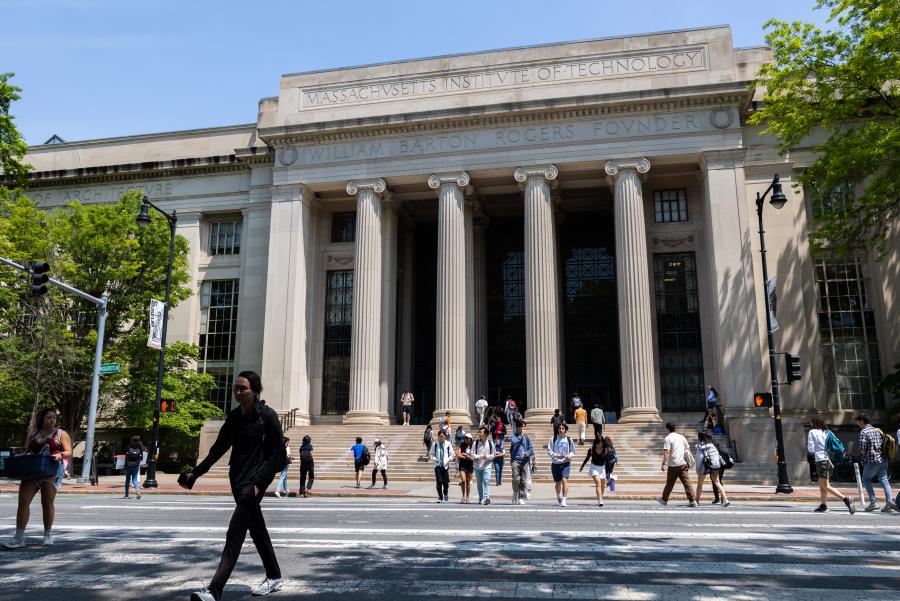Climate change is the most pressing global challenge of our time. Solutions for mitigating and adapting to climate change require an understanding of both the Earth system and engineering applications—as well as an understanding of human and institutional behavior.
Many of the best jobs held by leaders in the field, will combine scientific understanding of the earth’s systems with engineering skills. The Course 1-12 Climate System Science and Engineering degree program, jointly offered by the Departments of Civil and Environmental Engineering (CEE) and Earth, Atmospheric and Planetary Sciences (EAPS), prepares students to become leaders, helping to accelerate high-impact, science-based solutions to aid the global response to climate change.



